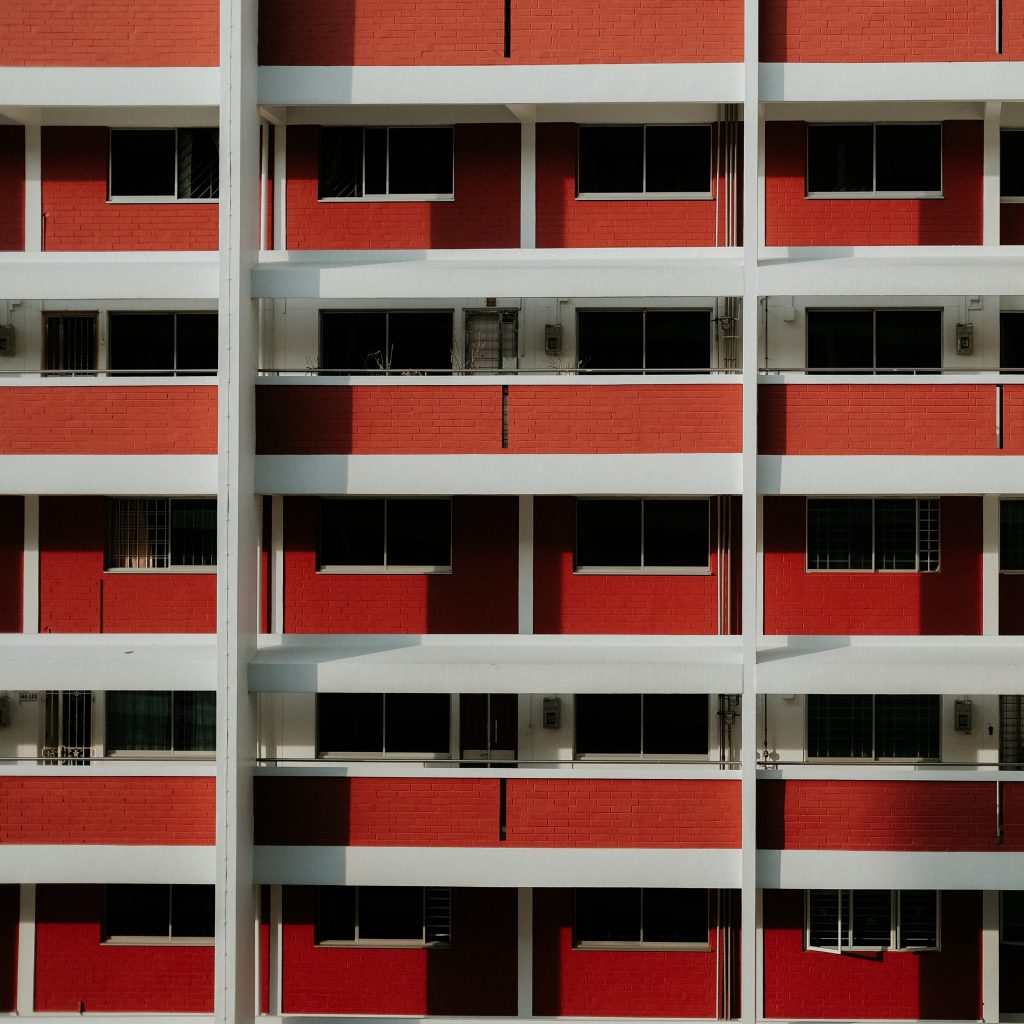Is it inevitable for disputes to arise between neighbours, especially in a densely populated residential area? When Lutheran Community Care Services (“LCCS”) REALink moderator Augustine Anthuvan posed this question to the panel, Sage Senior Consultant Low Lih Jeng (“Judge Low”) posited that a dispute did not necessarily have to be a foregone conclusion; elaborating how differences between neighbours need not be a source of division but an opportunity to learn and strengthen a community.
Singapore is a multicultural city which will only grow increasingly diverse as more people from around the world call it ‘home’. As new faces, sights and smells come into our residential areas, Singaporeans will get the opportunity to learn about new people and cultures. Part of Singapore’s appeal, as pointed out by fellow panellist Leonard Keith Ng, is Singaporeans’ ability to live alongside each other with tolerance. However, as more people are confined to their homes due to Covid-19, tensions are running high between many neighbours. Tolerance alone cannot weather conflicts, much less ones exacerbated by a pandemic.
The distinction between tolerance, understanding and acceptance is a crucial factor that affects how disputes arise and get solved between neighbours. This was a point Judge Low expounded on, likening the three terms to a progression towards a more harmonious community. At the lowest level, tolerance is merely putting up with whatever grievances you face from your neighbour without really understanding why they are behaving the way they are. Disputes often occur as one party assumes the worst about the other. It can be difficult to take the time to understand your neighbour’s routines and habits which inconvenience you. However, as both panellists urged, seeking to understand is a crucial first step to accepting your neighbour’s situation and finding mutually acceptable solutions that would meet the needs of both parties.
Naturally, resolving a dispute is not a linear process. Miscommunication or a refusal to engage with the issue can hamper the resolution process. It is often at this juncture where most people seek an external third party like an impartial friend or a community mediator to help. Depending on the unyieldingness of the parties, the dispute may escalate to a point where going to court seems like the only option to resolve the dispute. While there are indeed cases that are suitable to be handled by the Court, this option should only be exercised as a last resort. Most cases can be resolved at a community level where the matter can be handled more constructively without the need to conclude who is “right” and who is “wrong”.
Mediation occurs with the help of the mediator as an impartial third party, be it a friend, family member or community mediator. The mediator can establish a safe space for parties to be honest with each other, articulate what issues they are facing and how it affects them. After seeking to understand each other, parties are also encouraged to create a workable solution together that considers their respective situations and interests in the matter.

Mediation is especially useful when a party faces difficulty in articulating what bothers them, especially if they have personal struggles that they are unwilling to share freely to “explain” their actions. Judge Low recalled a verbal abuse case that made its way to the court where a woman claimed that whenever she walked past her neighbour’s house she would be screamed at. It was only before Judge Low presiding as a Judge in the Court that the neighbour felt comfortable enough to confided in Judge Low that he had two young children with special needs who became upset whenever someone walked past the house. While the dispute was resolved, it underscores how a perceived lack of safe spaces at a community level can lead to feelings of embarrassment and the prevalent misconception that going to court is the best avenue for dispute resolution due to a judge’s authority. Had the parties used mediation, the dispute would have been resolved much earlier without the formal process of a court action.
Before approaching the courts to resolve a neighbour dispute, parties are strongly encouraged to go through the process of mediation in order to gain clarity on the situation first and eliminate any misunderstandings. There is a difference between seeking to confront your neighbour over something that bothers you, and seeking to approach your neighbour with the intention to understand and live harmoniously with each other.
Neighbour disputes are difficult to manage because it is an issue you cannot run away from. Even if the matter were to be resolved through the courts and a court order be made, both parties will still go back to the same neighbourhood and continue leading their lives next to each other. Instead, use community resources such as LCCS’ Project Restore or a community mediator which are geared towards helping parties to understand each other and empowering them to find solutions together. The benefits of an amicable resolution between neighbours are peace and harmony to where we call home.
Article written by: Roshnie Pillay



